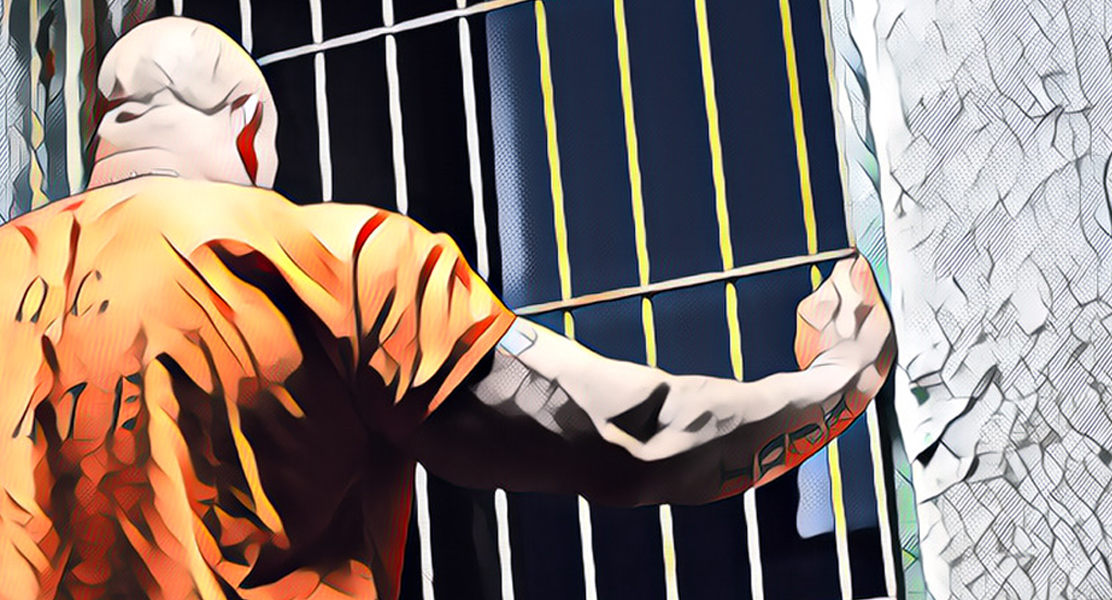U.S. Supreme Court halts execution, will hear death row inmate’s request for ministerial act during moment of lethal injection

[UPDATE 9/28/21: BJC joined a brief in this case. More information coming soon!]
The U.S. Supreme Court granted a late-night reprieve to a Texas death row inmate and added a new case to its schedule. John Henry Ramirez said that the state’s denial of his request for his pastor to lay hands on him during his lethal injection violates his religious freedom rights under a federal law designed to protect the religious liberty rights of inmates. The Court set an accelerated briefing schedule, and the justices will hear the case on November 1.
The 5th U.S. Circuit Court of Appeals previously upheld 2-1 the trial court’s refusal to stay the execution, citing the safety reasons for policies that allow clergy to be in the chamber during execution but do not allow clergy to touch the prisoner or to speak during the execution. The appeals court found that the state met its burden to establish that the ban on speaking and physical contact by a ministerial companion is the least restrictive means of furthering the compelling interest in “maintaining an orderly, safe, and effective process when carrying out an irrevocable, and emotionally charged procedure.”
Ramirez argues the restrictions on his pastor, Rev. Dr. Dana Moore, are tantamount to leaving him essentially without ministerial support during his execution:
Pastor Moore is compelled to stand in his little corner of the room like a potted plant even though his notarized affidavit explains that laying his hands on a dying body and vocalized prayers during the transformation from life to death- are intertwined with the ministrations he seeks to give Ramirez as part of their jointly subscribed system of faith.
The Supreme Court earlier this year left a stay in place halting the execution of an Alabama prisoner over the denial of his request that his pastor be allowed in the chamber with him. In that case, Justice Elena Kagan wrote, “[t]he law guarantees [Willie] Smith the right to practice his faith free from unnecessary interference, including at the moment the State puts him to death.”
Speaking to Sojourners earlier this year, BJC Associate General Counsel Jennifer Hawks echoed the sentiment that religious freedom does not end at the prison door:
“Religious accommodation, at the moment of a state-imposed death, should never depend on the government’s religious preference,” Hawks said. “If the federal government and [other] states have figured out how to have religious leaders who are not prison employees safely present in the execution chamber, Alabama must demonstrate why what’s normal in other jurisdictions is impossible in Alabama.”
Speaking to the Baptist Standard today, Hawks noted what’s at stake in this case:
“Cases about the religious exercise of prisoners boil down to the tension between protecting the ability of inmates to practice their religion and ensuring the safety and security of the prison,” Hawks said. “In agreeing to hear this case, the court takes on the weighty question of whether the safety protocols of an execution justify denial of a prisoner’s free exercise.”
The Ramirez case will be the first consideration of a request related to the activities of the minister in the chamber. Stay tuned.




